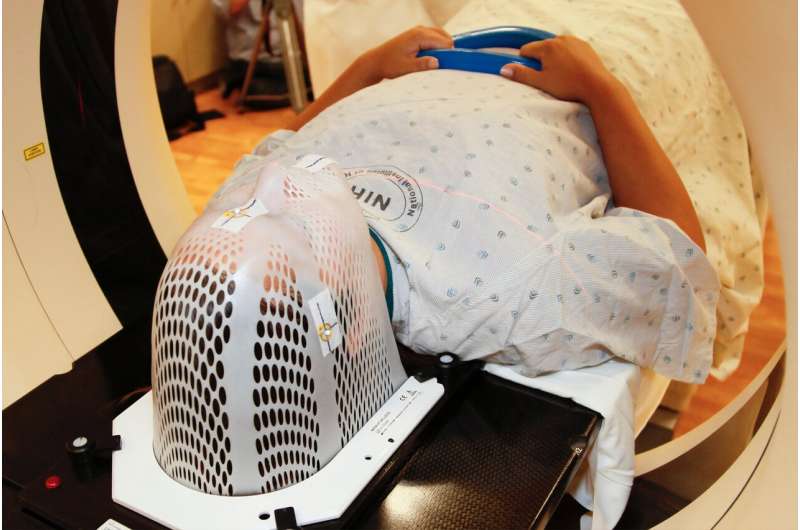Short-Course Radiation Therapy After Prostate Surgery Reduces Cancer Recurrence

A recent study shows that five-session stereotactic body radiotherapy after prostate surgery effectively reduces cancer recurrence with manageable side effects, offering a quicker alternative to traditional radiation treatments.
Recent research conducted by UCLA Health Jonsson Comprehensive Cancer Center has demonstrated that stereotactic body radiotherapy (SBRT), a targeted form of high-dose radiation administered in only five sessions, is both safe and effective for prostate cancer patients following prostate surgery. Traditionally, post-surgical radiation involves lengthy treatment schedules over several weeks, which can be burdensome. The study shows that a condensed five-session SBRT regimen can offer comparable, if not superior, outcomes in preventing cancer recurrence.
The Phase 2 SCIMITAR trial enrolled 100 men who had undergone radical prostatectomy and were identified as high-risk for cancer return. Participants received SBRT over roughly ten days, with some also undergoing hormone therapy or lymph node radiation based on individual clinical assessments. The patients were monitored for approximately 4.5 years to evaluate the effectiveness, side effects, and overall impact on quality of life.
Findings revealed that 60% of participants remained free of biochemical recurrence—indicators of cancer activity such as PSA levels—without needing additional hormone therapy. The study also found that SBRT without hormone therapy significantly reduced the risk of recurrence compared to traditional radiation methods. Side effects were generally manageable, with 7% experiencing serious bowel issues and 32% experiencing urinary problems; the use of MRI-guided radiation techniques helped minimize urinary side effects. Most patients maintained their quality of life with minimal changes in urinary, bowel, and sexual health.
These results build on earlier studies indicating that SBRT is a safe, convenient, and effective treatment option over a two-year follow-up period. The studies collectively suggest that SBRT could serve as a faster, simpler alternative to conventional radiation therapy for men at increased risk of prostate cancer recurrence after surgery.
Dr. Amar Kishan, a key author and expert in radiation oncology, emphasized that the approach could be a promising option for reducing treatment burden while maintaining therapeutic effectiveness. The findings were presented at the 2025 American Society for Radiation Oncology (ASTRO) Annual Meeting and published in the journal European Urology.
This research highlights the potential for shorter, high-dose radiation sessions to improve patient experience without compromising treatment outcomes, offering new hope for post-prostatectomy care.
Stay Updated with Mia's Feed
Get the latest health & wellness insights delivered straight to your inbox.
Related Articles
Revolutionary Gene Therapy Shows Promise in Inducing HIV Dormancy
A groundbreaking study reveals that gene therapy targeting HIV's antisense transcript (AST) may permanently induce viral dormancy, paving the way for potential cures beyond lifelong medication.
What Makes 'Superager' Brains More Resistant to Aging?
Discover the unique brain features of superagers—elderly individuals who maintain youthful cognition—and what this means for future brain health interventions.
New Research Suggests Collagen-Based Protein Bars May Aid Weight Loss
Recent research indicates that collagen-based protein bars may support weight loss and improve metabolic health. Discover the potential benefits and expert opinions on this innovative supplement.
No, Organ Transplants Won't Grant Immortality, Despite Claims by Putin
Exploring the myths and realities of using organ transplants for lifespan extension, and the scientific prospects for achieving longer, healthier lives.



